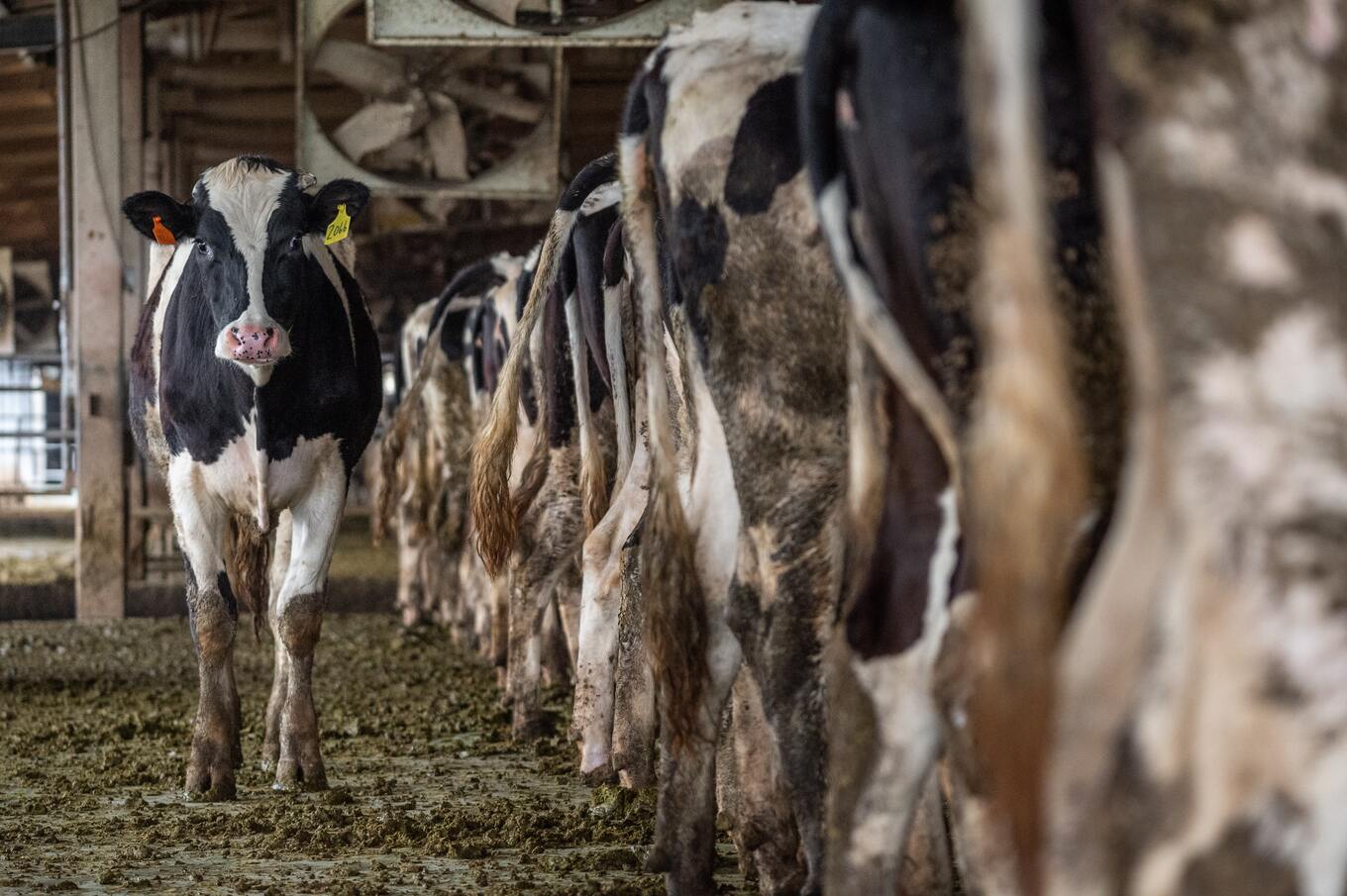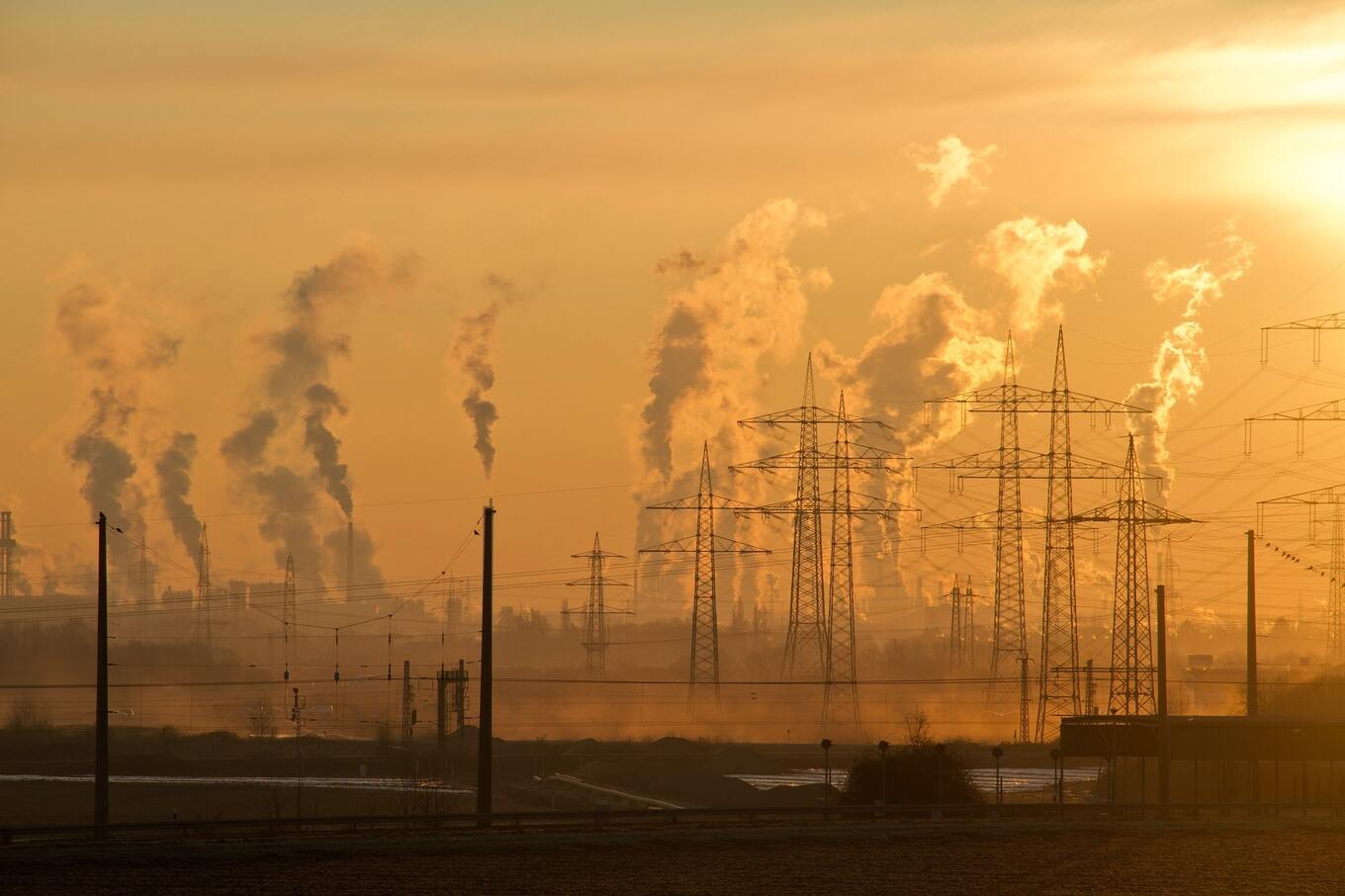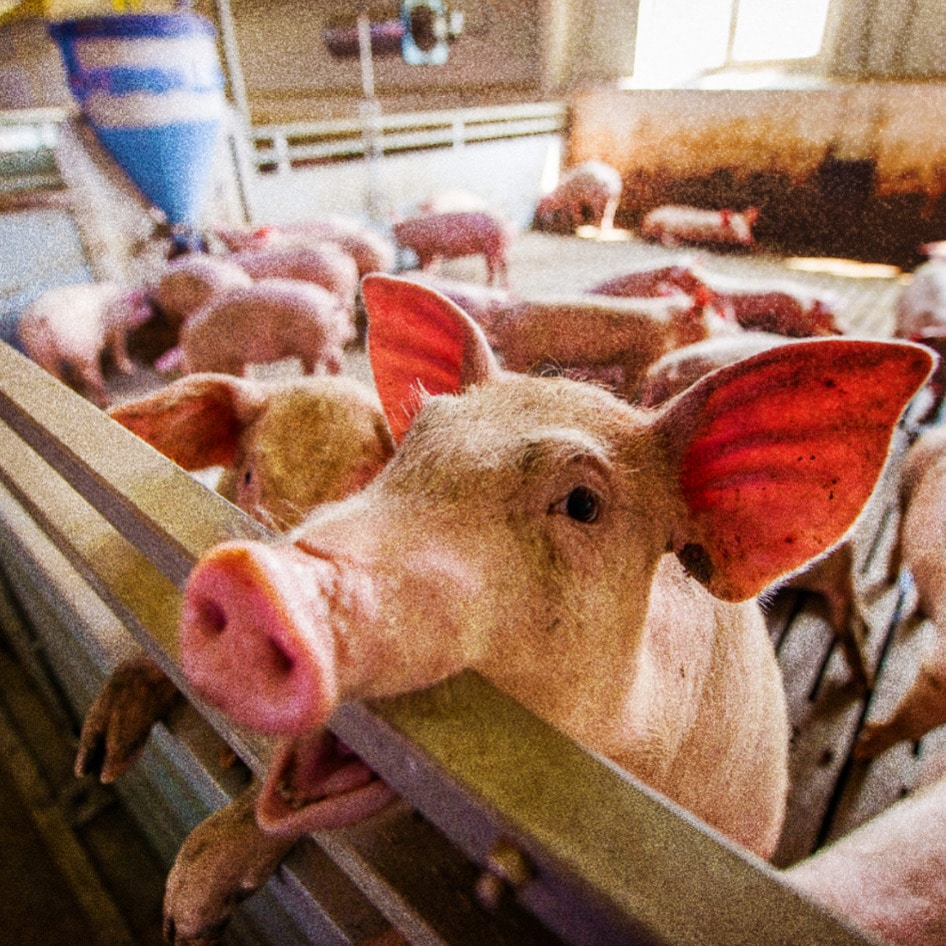Replacing carbon-intensive industries such as animal agriculture with clean disruptive technologies will enable the world to reduce carbon emissions by 90 percent within the next 15 years, according to a new report by independent think tank RethinkX. The report, called “Rethinking Climate Change,” suggests that three major industries—energy, transportation, and food—can directly eliminate more than 90 percent of net greenhouse gas emissions worldwide and even go beyond net-zero after 2040.
The answer, according to the report, is to disrupt meat, dairy, and other animal products with precision fermentation (PF) and cellular agriculture (CA). These disruptive technologies allow the food industry to create proteins that are higher quality, safer, better for the environment, and available in a wider variety than the animal-derived products they will replace. PF uses microbial hosts such as yeast to produce specific functional ingredients, including proteins and fats. Cellular agriculture uses a small amount of animal cells to grow meat in a lab setting.

“As the most inefficient and economically vulnerable part of the industrial food system, cow products will be the first to feel the full force of the food disruption,” the report states. “By 2030, the number of cows in the United States will have fallen by 50 percent, and the cattle farming industry will be all but bankrupt. All other commercial livestock industries worldwide will quickly follow the same fate, as will commercial fisheries and aquaculture.” By then, the report predicts that protein made with precision fermentation will be 100 times more land efficient, up to 25 times more feedstock efficient, 20 times more time-efficient, 10 times more water-efficient, and will produce far less waste.
Replacing animal agriculture to slash carbon emissions
Technologies to replace animal agriculture, including PF and CA, are already underway. Startups such as New Culture and Perfect Day are using PF technologies to replace the proteins in cow’s milk to make the base for animal-free milk, cheese, and ice cream. Similarly, companies such as Eat Just, Aleph Farms, and Cultured Decadence are using CA technologies to replace animal proteins such as chicken, beef, and lobster. “Product after product that we extract from animals will be replaced by superior, cheaper, cleaner, and tastier alternatives, triggering a death spiral of increasing prices, decreasing demand, and reversing economies of scale for the livestock and seafood industries,” the report states.

Similarly, the report suggests that the energy and transportation sectors must follow the same fate. In the energy sector, coal, oil, and gas must be replaced with disruptive technologies such as solar, wind, and batteries. In the transportation industry, autonomous electric vehicles providing transportation-as-a-service must disrupt internal combustion engines and private vehicle ownership.
Removing barriers to progress
Using cost curves, the report shows how the disruptive technologies are rapidly becoming cheaper than the carbon-intensive industries in these sectors, and thus represent an overwhelming competitive threat to their economic viability. While the disruptions will ultimately be driven by the economy, crucial decisions at government, investor, and business levels can either accelerate or delay the disruptions, with major ramifications for whether the world avoids dangerous climate change.
The report also suggests that the bulk of emissions reductions can be achieved largely by removing barriers that favor current industry incumbents. This includes removing livestock farming subsidies in the food sector, ending vertically integrated utility monopolies in the energy sector, and eradicating regulatory hurdles to electric and autonomous vehicles.

According to the Agriculture Fairness Alliance, in 2020 the US government spent more than $50 billion on agricultural subsidies and bailouts, the majority of which favored the meat and dairy industries.
“We can either accelerate the energy, transportation, and food disruptions and solve the climate crisis by ushering a new era of clean prosperity, or we can waste decades and trillions of dollars propping up the incumbent system,” RethinkX co-founder Tony Seba said in a statement. “The stakes for the planet and society are enormous. It is up to us to decide whether or not we deploy and scale these technologies rapidly enough to avoid dangerous climate change.”
JUMP TO ... Latest News | Recipes | Guides | Health | Subscribe







